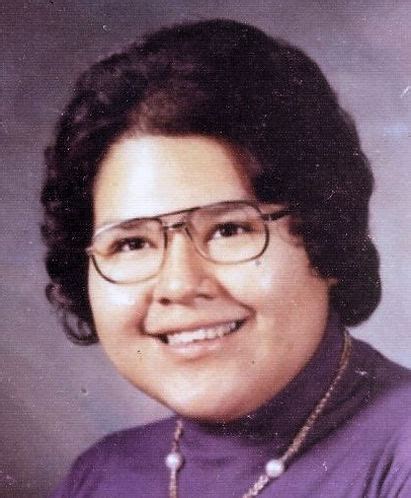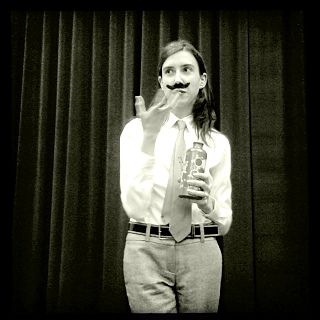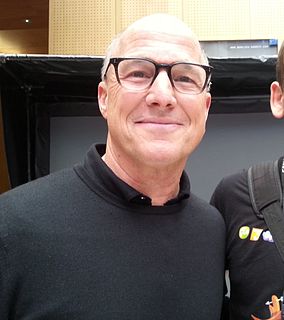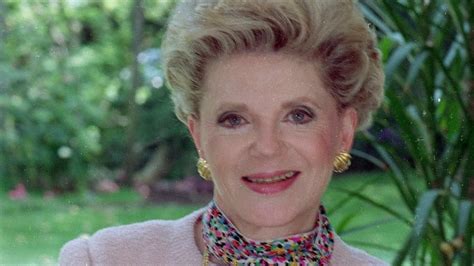A Quote by Lee Gutkind
The word 'creative' refers simply to the use of literary craft in presenting nonfiction—that is, factually accurate prose about real people and events—in a compelling, vivid manner. To put it another way, creative nonfiction writers do not make things up; they make ideas and information that already exist more interesting and, often, more accessible.
Related Quotes
As I started to read nonfiction in the mid '70s, I discovered, holy cow, there was a lot of imaginative nonfiction. Not the kind where people use composite characters and invented quotes. I hate that kind of nonfiction. But imaginative in the sense that good writing and unexpected structure and vivid reporting could be combined with presenting facts.
Inexperienced fiction and creative nonfiction writers are often told to show, not tell - to write scenes, dramatize, cut exposition, cut summary - but it can be misguided advice. Good prose almost always requires both showing and telling, scenes and summary, the two basic components of creative prose
One of the interesting things about the history of poetry in the 16th, 17th, and 18th centuries is that people who read liked getting their information in rhyme just as much as in prose. The genre that we would think of as nonfiction often was written in verse in forms like the Georgic when people thought that one of the tasks of poetry was conveying arguments and information in a pleasant way.
When you're researching things that have happened, the clear narrative arc is not there already. This is the problem of writing nonfiction for me - writing nonfiction which is about serious subjects and has serious political and social points to make, yet which is meant to be popular to a degree - what happens when the facts don't fit a convenient narrative arc? I guess that for a lot of nonfiction writers that is a central challenge.
One of my central philosophies is to be creatively driven so I have to be extraordinarily creative in the way I get things done and I have to be really flexible. Striving for the best creativity can be a really moving target if you're trying to budget anything because if you come up with a better idea for something and it's going to make the movie stronger then you have to do it. And that's what I do. The difficulty is that you have to use more judgement as a producer then you might in other places. I have to make unbelievably great creative decisions.
If anything, I've found nonfiction a little easier. You don't have to make anything up. Of course, that's the inherent difficulty as well: when you hit an information black hole, you don't get to make it up. That hasn't come up too often with this project though. I'm lucky to have tons of primary source material , reams of letters and diaries and memoirs.



































